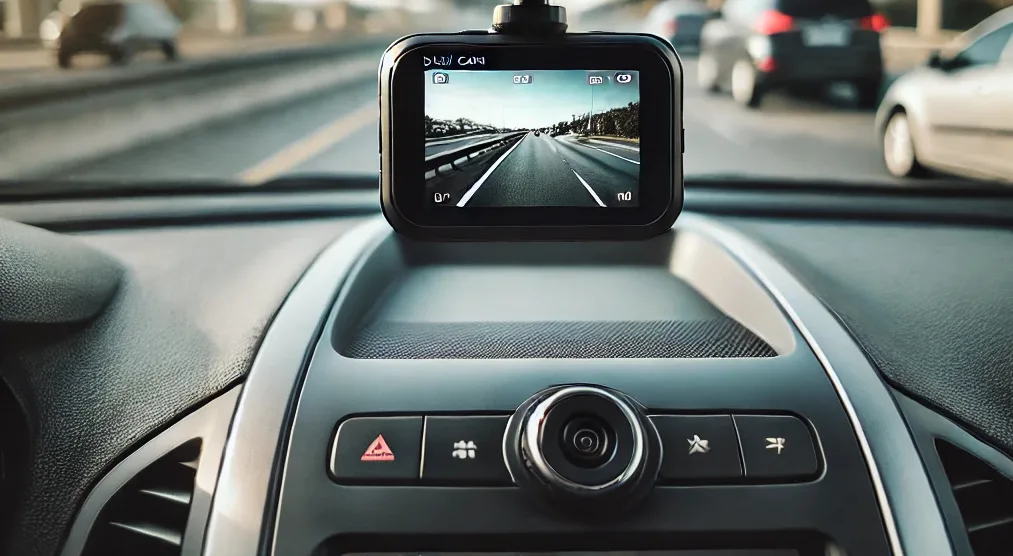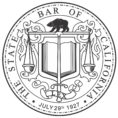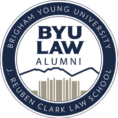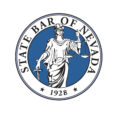The Role of Dashcam Footage in Car Accident Claims

Car accident claims are among the most common types of personal injury cases. While the claims process may seem straightforward, crucial evidence is often missed at the accident scene. Dashcam footage in the hands of an experienced car accident lawyer, though, can help determine fault in an accident case.
While dashcams may not be present in all vehicles, the trend is heading that way, since cameras provide an unbiased account of the events leading up to and during collisions. They can help to either refute fraudulent claims or secure fair compensation for what victims have suffered.
At Harker Injury Law, our personal injury law firm handles all kinds of car accident cases, and we have used dashcam footage as evidence. We have a proven track record in defending our client’s rights and getting the fair settlements they are entitled to receive. We offer a free consultation to each and every prospective client, so no need to hesitate — contact us today to get started.
How Dashcams Work
Dashcams are compact cameras mounted on the vehicle’s dashboard or windshield, designed to record video continuously while driving. They capture real-time footage of the road, traffic conditions, and interactions with other drivers.
Dashcam footage thus gives a comprehensive view of the vehicle’s journey and can be compelling evidence in the event of any serious injuries. This continuous recording shows where and how an accident occurred, ensuring there is a clear, unbiased record of events.
In addition to recording video, many modern dashcams come with advanced features such as GPS tracking, which logs the vehicle’s speed and location data. Some also have built-in accelerometers that detect sudden movements or impacts, automatically saving and protecting footage during critical moments. These features enhance the dashcam’s ability to provide detailed and useful information in the event of an incident.
Dashcams also often come with a loop recording function, which means they continuously overwrite old footage to ensure the camera is always capturing current events. This helps in managing storage space effectively while ensuring that the most recent and relevant footage is always available for review.
The detailed account of accident footage provided by dashcams makes them a valuable tool for both everyday driving and providing crucial evidence in legal matters.
How Dashcams Can Help Your Car Accident Case
Dashcam footage can be invaluable in car accident claims by providing clear, unbiased evidence. Unlike witness testimonies or reconstructed crash scenarios, dashcam footage offers a real-time, unaltered record of the incident, showing exactly how the accident unfolded. This visual evidence can help establish fault, dispute false claims, corroborate witness statements, and provide context that might otherwise be disputed.
Additionally, dashcam recordings can capture critical details that might be overlooked or forgotten in the aftermath of an accident. This includes the actions of any other driver in the vicinity, road conditions, and traffic signals — all of which can be crucial in determining liability. Having a detailed video record can help clarify complex scenarios, making it easier for attorneys to build a stronger case.
Furthermore, dashcam footage in a car accident claim can expedite the legal process by providing immediate and conclusive evidence, reducing the need for prolonged investigations and potentially speeding up settlements. In addition to police reports, dashcam footage in car accidents can make a huge difference in your chances for compensation.
Using Dashcams to Prove Liability in a Personal Injury Case
Dashcam footage can be a powerful tool when dealing with insurance companies, especially during disputes over accident claims. By presenting unambiguous evidence of what happened, dashcam footage can ensure that the claim is processed fairly and accurately.
For instance, the footage could contradict misleading or exaggerated claims made by other parties involved in an accident. If another driver or his or her insurance company provides a false account of the event, the dashcam footage serves as reliable counter-evidence to this attempt at insurance fraud.
This can prevent wrongful denial of a claim and protect the insured from unjust financial liability, ensuring that the true nature of the incident is recognized and addressed by the insurance company.
Finally, the presence of dashcam footage can expedite the claims process by providing immediate and concrete evidence that insurance adjusters can use to assess the situation. This can reduce the time spent on investigations and negotiations, leading to quicker resolutions.
In many cases, having clear evidence from a dashcam can also lead to a more favorable outcome for the policyholder, as it helps establish the facts decisively. This means that the potential for prolonged disputes or legal battles is reduced.
Harker Injury Law Can Help You Make the Most of Dashcam Footage
California has about 36 million registered vehicles. Meanwhile, with traffic laws permitting the use of dashcams as long as they don’t obstruct the driver’s view, we may see dashcams gaining even more popularity in coming years.
Dashcams provide key details, such as whether other drivers adhered to traffic laws, if there was a fleeing vehicle involved, or if someone ran a red light. The dashcam evidence or footage in your car accident claim can clarify who is truly at fault and help you secure appropriate compensation despite conflicting accounts.
Proving fault is just one of the steps in getting compensation for an event that has had a significant impact on your life. If you or your loved ones have been involved in a car accident and you possess dashcam footage, seek legal assistance to understand your first steps going forward. Dashcam footage could make a difference in your case.
At Harker Injury Law, we want to help those with car accident claims to secure their futures by seeking the compensation they deserve. Our law firm does not charge anything upfront — we only get paid if we win a settlement for you. To learn more about your rights and legal options, contact us as soon as you can.










